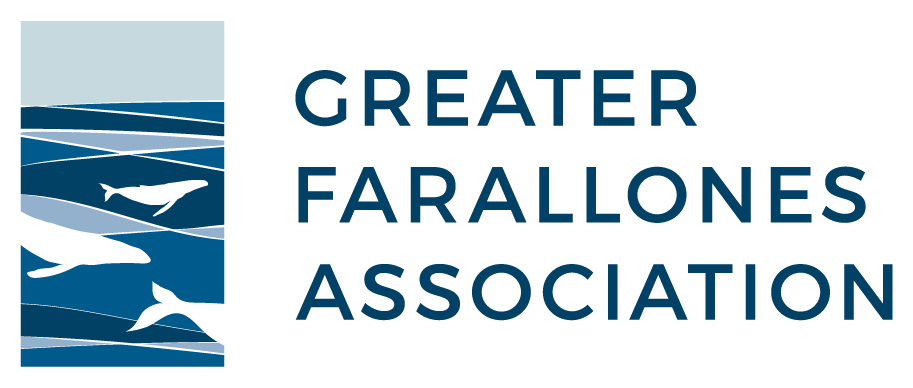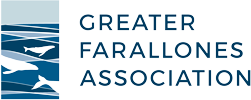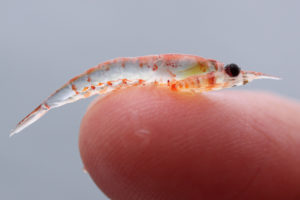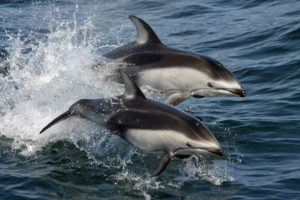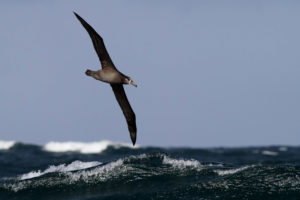The Applied California Current Ecosystem Studies (ACCESS) project monitors seabird, marine mammal, and other wildlife distribution and abundance; zooplankton prey availability; and oceanographic conditions off the north-central California coast.
Greater Farallones Association supports Greater Farallones and Cordell Bank National Marine Sanctuaries and Point Blue Conservation Science partners in monitoring the ecosystem conditions of nearly 3,700 square miles of ocean through participation in ACCESS. With nearly 20 years of ongoing data collection, ACCESS continues to identify important patterns, trends, and anomalies that are vital for advancing wildlife conservation and biodiversity protection measures.
The main research topics and management issues ACCESS aims to address are:
-
-
- Saving whales from ship strikes. ACCESS recommends management approaches that will protect endangered and threatened whales like blues, fins, and humpbacks.
- Reducing whale entanglements. ACCESS identifies high entanglement-risk areas to decrease bycatch in crab fisheries.
- Protecting wildlife hotspots. ACCESS helps protects important areas of wildlife use, and decrease conflicts with existing and proposed new human uses.
- Developing ecosystem indicators. ACCESS tracks ecosystem responses to climate change and informs climate-smart conservation initiatives.
- Tracking ocean acidification. ACCESS documents changes in water chemistry and assesses biological responses.
-
Learn more on the ACCESS Partnership website.
